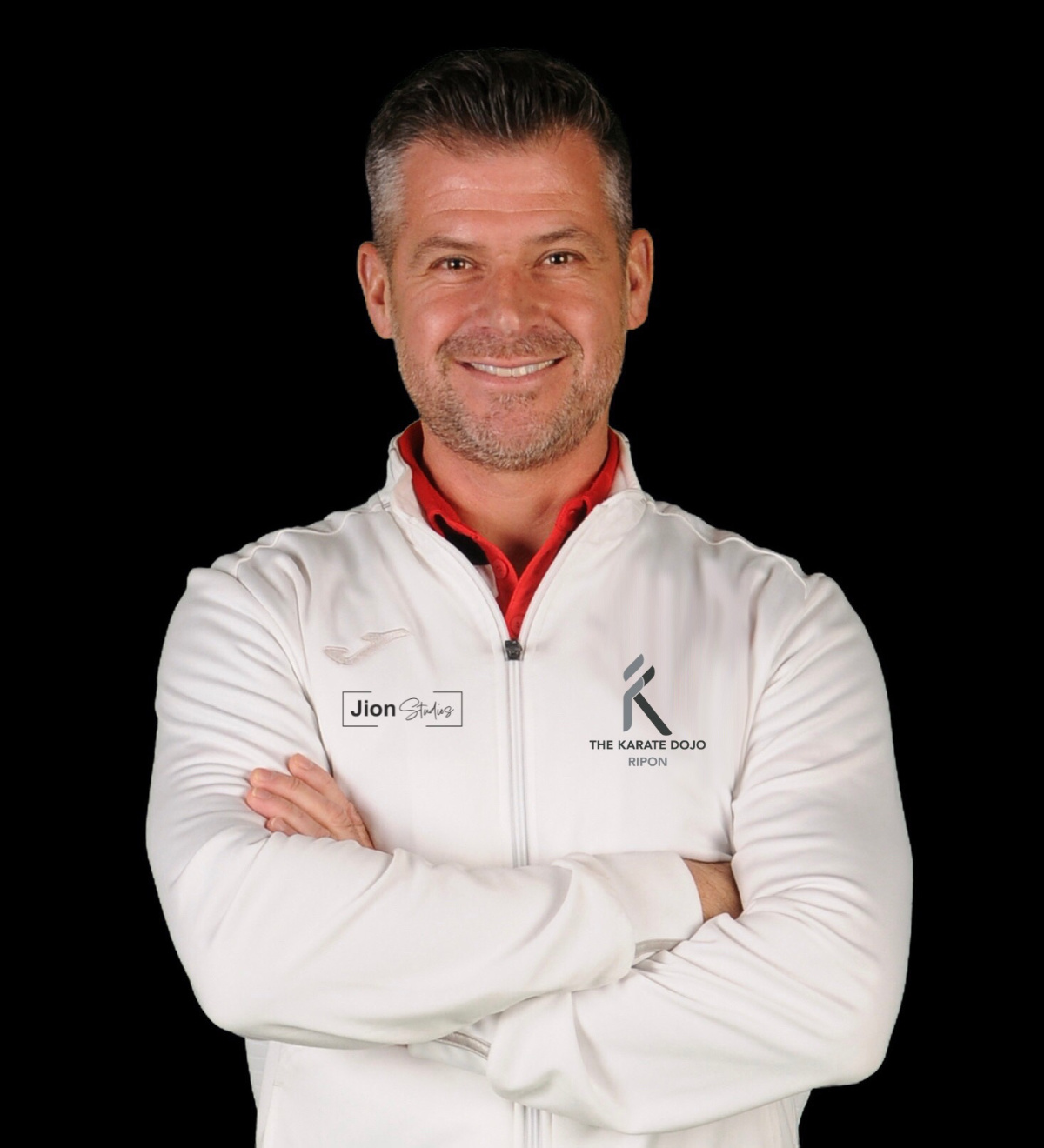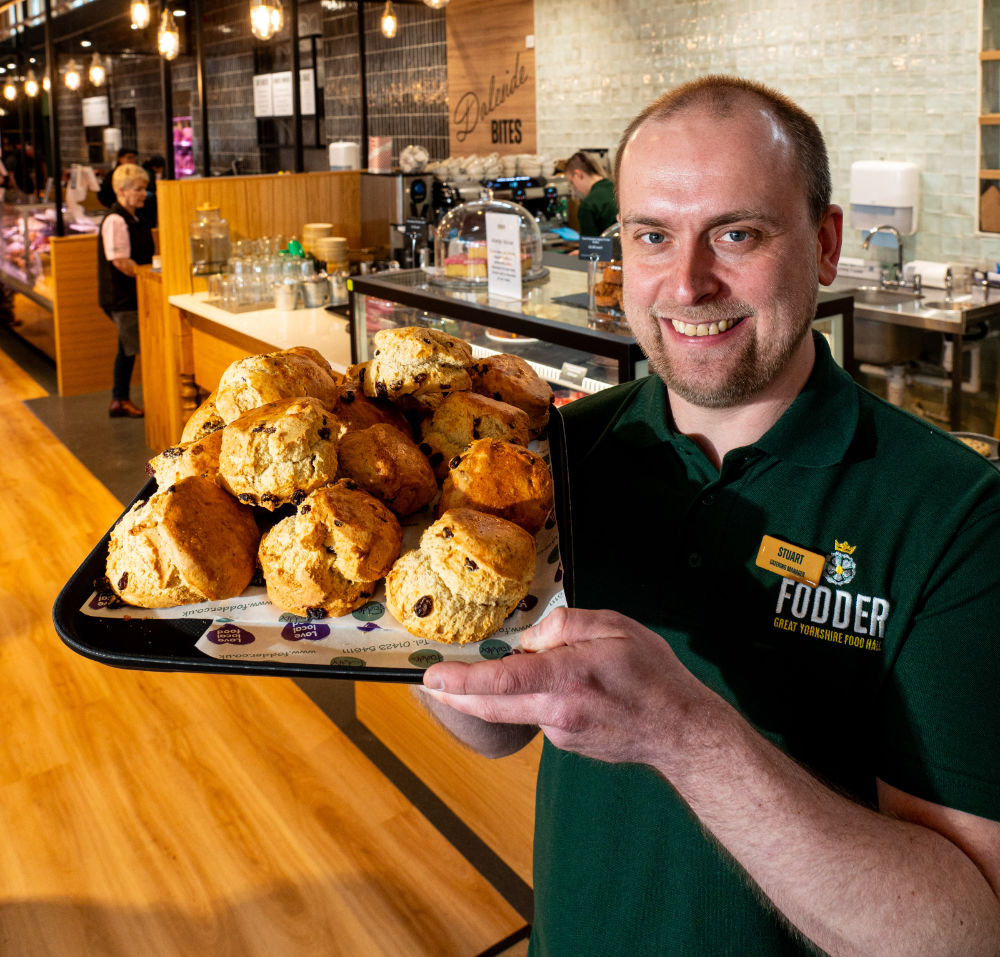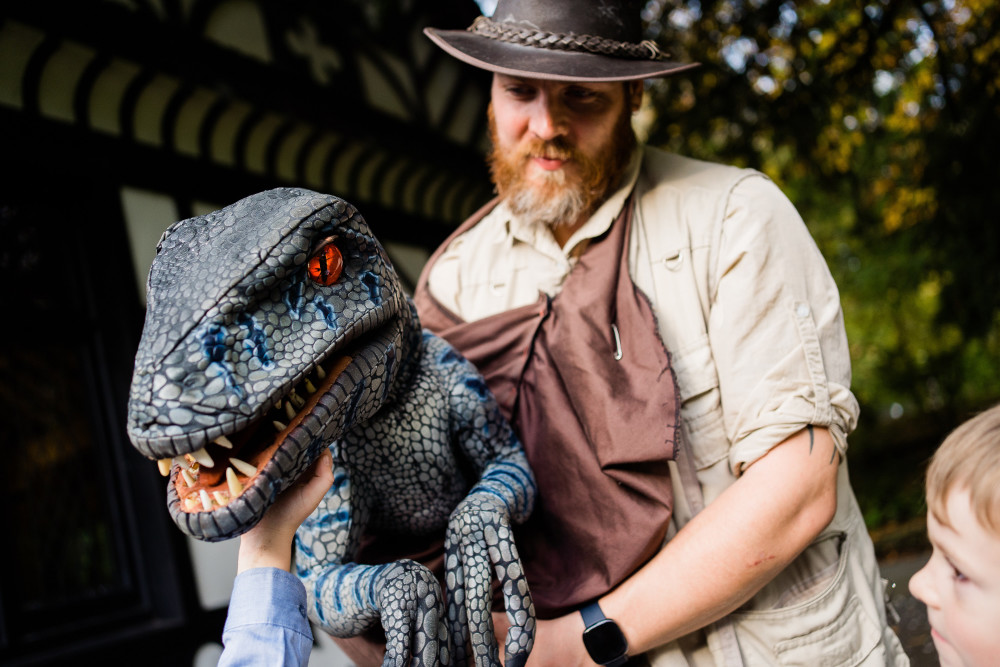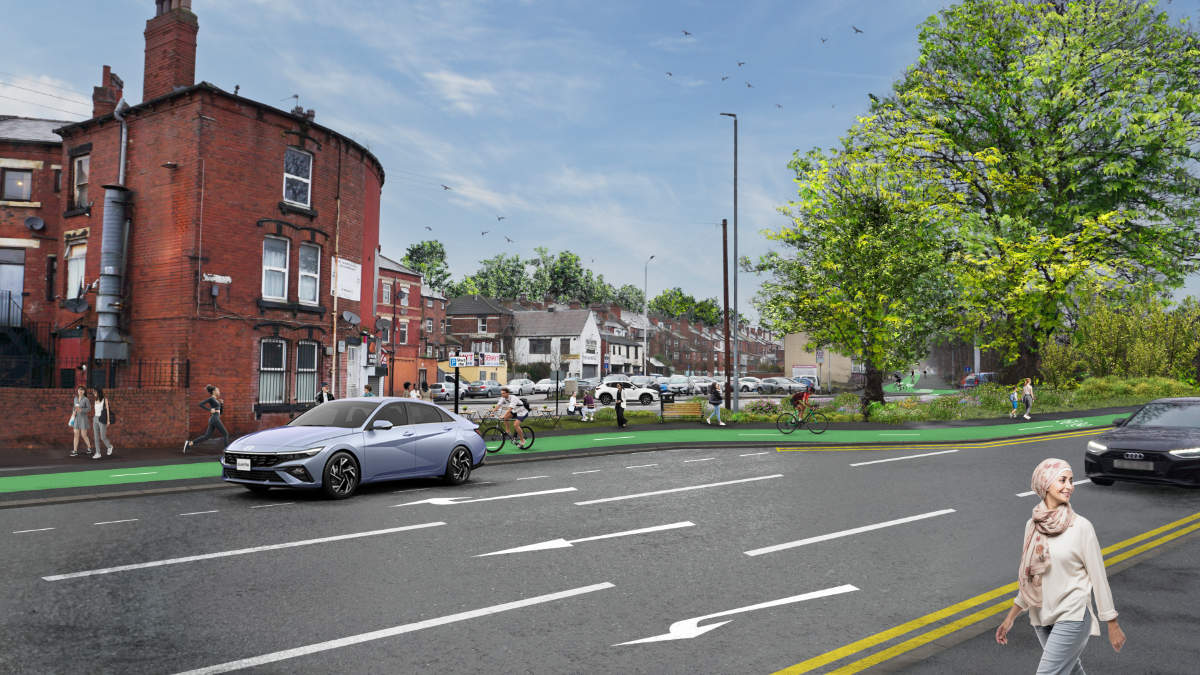At the full Unitary Council meeting last week, Cllr David Chance (Conservative) of the Executive Committee put forward that there she no public questions or statements to be allowed at the Budget Meeting in February.
Liberal Democrat Councillors tried to stop Conservative plans to allow less public participation at future Council meetings, including no public participation at all at the important annual meeting which sets the Council’s Budget and decides on what Council Tax Residents will have to pay.
The motion was passed with 45 for, 31 against 4 abstentions.
The proposal also sought to limit the number of times a question can be asked about a single issue (an example being Road Safety concerns). They proposed the public should not have a right of reply to any answer given by the Council Leader or an Executive Member, and giving the Chair of the Council the right to block any question being asked at any meeting.
Another Conservative member’s proposal was that following any decision being made, it can’t be debated again within 6 months, even if a group of Councillors got together to ask for that to happen.
Liberal Democrat Councillor Chris Aldred (High Harrogate & Kingsley) said:
Taken together, this is an attack on North Yorkshires Residents rights to actively participate in the democratic decision-making process of this Council.
The fact that they wish to do away with Public Questions at the most important meeting of the year, our Budget setting, but at the same time are proposing that leading Councillors get to speak for longer, is simply perverse.
Surely this is the one meeting in the year that Residents should be allowed to speak at, considering it’s their hard-earned money we are proposing to spend.
Cllr Aldred also described the proposal not to allow an issue to be debated again with 6 months, as “evidence of a continued and targeted erosion of the democratic process”, citing a previous decision last year to limit the number of questions that could be asked to the Leader of the Council and his nine Executive members.
By the time a proposal gets to full council, the ideas are usually fully formulated and have been subject to inspection and scrutiny, in this case by the Members’ Working Group on the Constitution.






